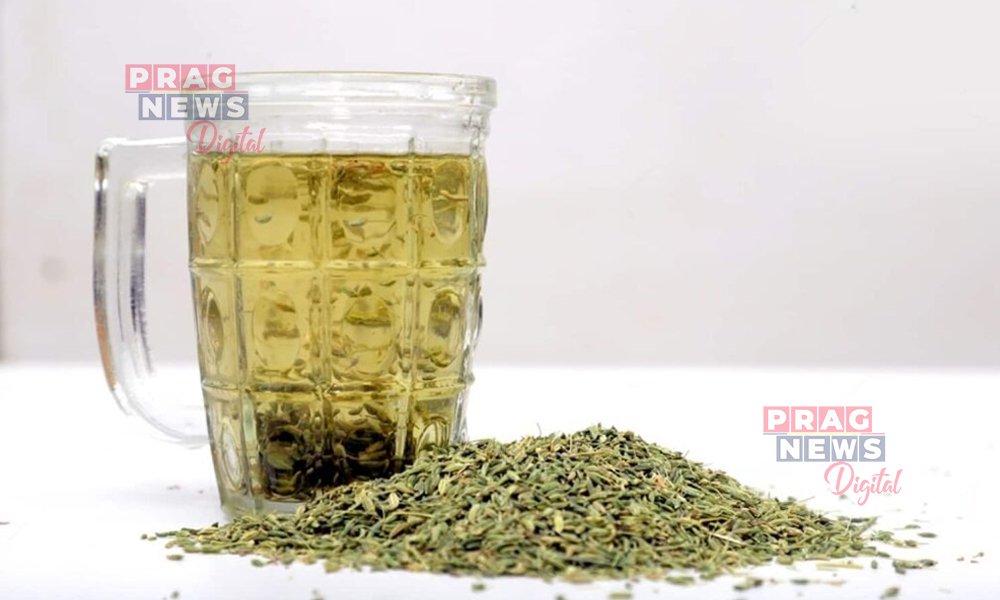Common symptoms include mood swings, fatigue, appetite changes, headaches, difficulty concentrating, and digestive issues
Digital Desk: As the cold season approaches, many people experience shifts in both physical and mental health. Reduced daylight and falling temperatures often bring discomfort, sometimes leading to a condition known as Seasonal Affective Disorder (SAD). SAD is a seasonal depression first described by psychiatrist Norman E. Rosenthal in 1984, which is related to changes in seasons, most often in the fall and winter.
Although the precise cause of SAD is unclear, researchers believe that less sunlight can cause problems with serotonin levels, which influences mood, or cause excess production of melatonin that disrupts sleep cycles. Typical symptoms are mood swings, tiredness, changes in appetite, headaches, problems with concentration, and problems with digestion.
Nature Ways to increase well-being on changing the season:-
1. Eat Seasonally: A balanced diet rich in fresh, seasonal fruits and vegetables supports your immune system and mood. Warm foods, soups, and herbal teas can also provide comfort.
2. Get Moving: Regular physical activity, even light walking or stretching, helps combat lethargy and improves mental health.
3. Maximize Sunlight: Spend time outdoors during daylight hours to naturally boost vitamin D and serotonin levels.
4. Stay Hydrated: Even in cooler months, drinking plenty of water is crucial for digestion, energy, and overall health.
5. Wear Protective Clothing: Keep your head, hands, feet, and neck warm to maintain body temperature and protect your immune system.
6. Manage Allergies: Seasonal allergies can worsen symptoms; consult a doctor if needed and consider wearing masks to reduce exposure.
7. Support Children’s Health: Kids may develop seasonal allergies as they grow. Extra care during transitions is key.
8. Consider Professional Help: For severe SAD symptoms, therapy or medication may be necessary.
With the right lifestyle change and paying attention to your body, you can be resilient and healthy in every season change.























